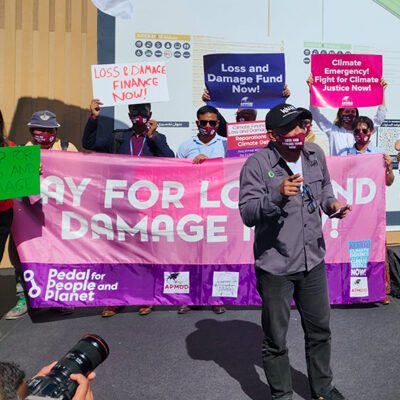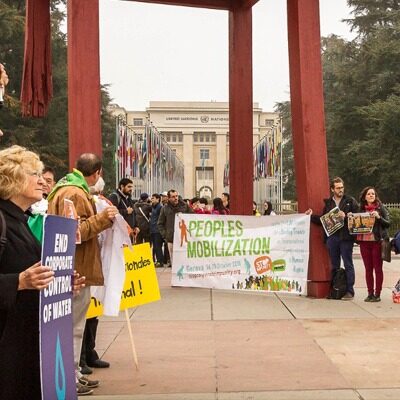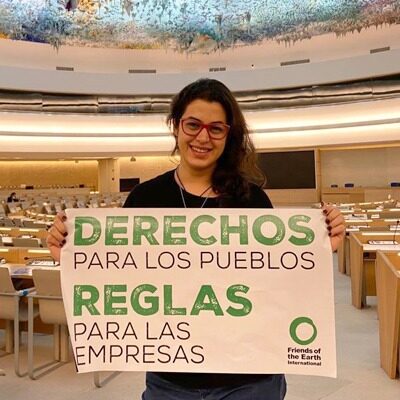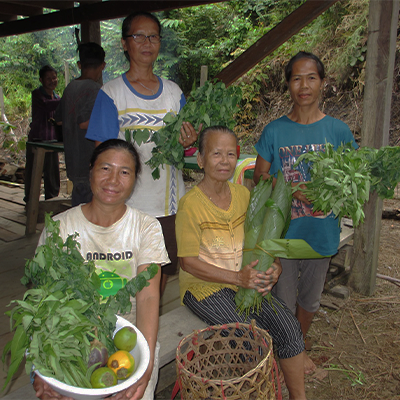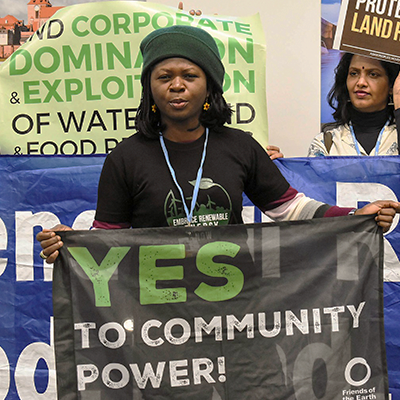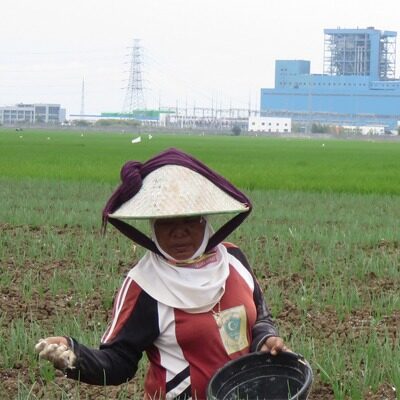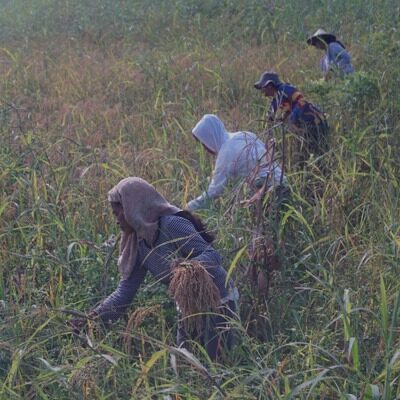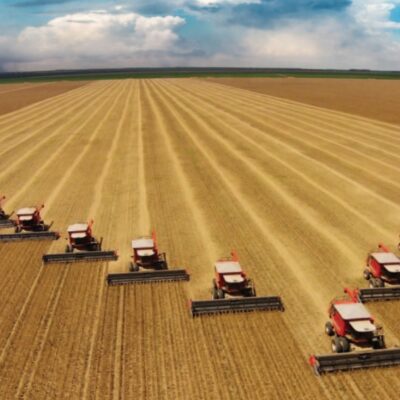
Stopping biodiversity loss is only possible through system change
The United Nations 2022 conference on biodiversity, widely known as the COP15, has adopted the new Global Biodiversity Framework, which will be in force until 2030. In the early hours of 19 December, the Chinese representative acting as President of the talks brought down the gavel to approve the new framework, ignoring opposition from the Democratic Republic of Congo and…




